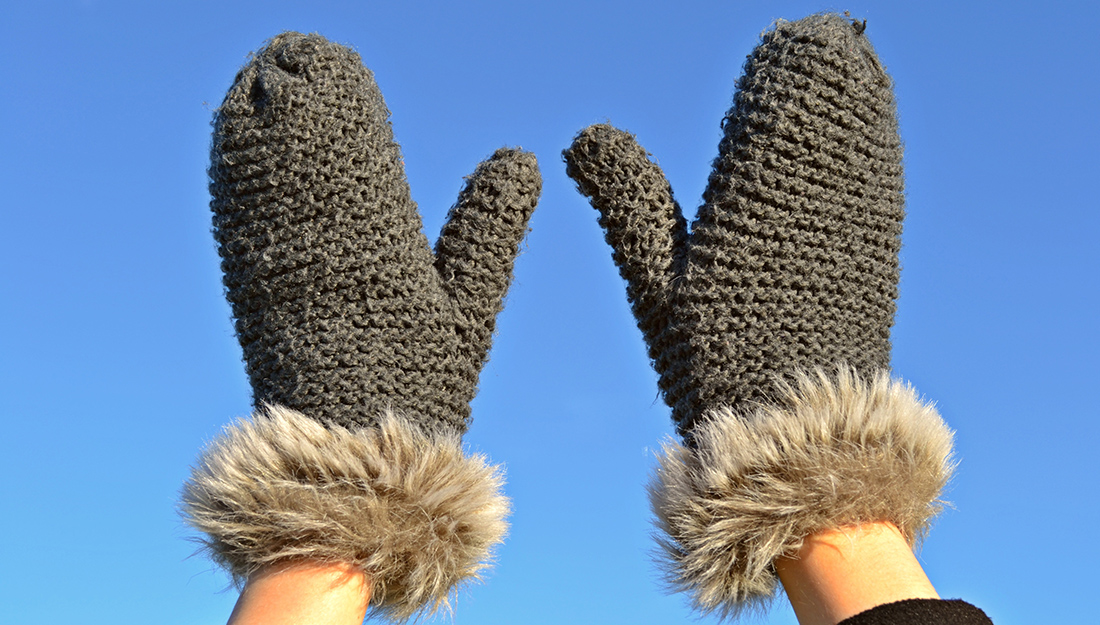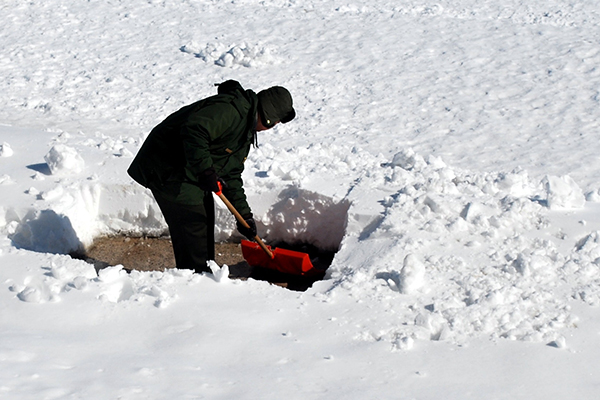- Dominic Hernandez
- Community, Healthy Living, Show on VR homepage, Trending
5 common winter health problems
The colder months can lead to some seasonal health issues

Time to break out the scarves and mittens! Winter is known for its cold air and the subsequent copious amounts of warm beverages to keep warm, and although you may think that the only thing you have to watch out for is bitter egg nog or tacky sweater parties, there are actually some health risks that come and go with the seasons. Texas A&M College of Nursing experts fill us in on the top five winter health-related issues.

Asthma attacks
Asthma is one of the most common respiratory illnesses in the United States, and one common trigger becomes more prevalent in winter: freezing temperatures.
If you have asthma and intend on spending time outdoors in the elements, cover your nose and mouth with a scarf or face warmer to keep from breathing in the cold, dry air.

Catching a virus
While the cold weather doesn’t have a direct effect on your chances of contracting a virus, it does force people indoors with centralized heating. The close proximity of many human beings can allow viruses to spread with ease.
According to The National Institutes of Health (NIH), dry winter air allows the flu virus to survive and transmit itself. Also, research suggests that the flu virus’ coating becomes tougher at temperatures close to freezing, making them easier to transmit in the winter.

Weight gain
Exercising daily may already be a struggle, and adding another obstacle in the form of cold and unruly weather can really extinguish any motivation. The tendency of the numbers on the scale to creep up isn’t helped by all the rich holiday foods and gatherings that involve large meals.
To best combat weight gain, make a conscious effort to get at least 30 minutes of exercise—such as an indoor spin class, or even a yoga class, to outsmart the elements—at least several times per week. Also be sure to not binge on the holiday sweets that may be around; leave the cookies for Santa.

Depression
The winter blues can have a real effect on people and can cause some seasonal depression. In fact, the ‘winter blues’ are described as a milder version of seasonal affective disorder (SAD). To some extent, these mood changes can be attributed to the decreased sunlight and daylight hours. However, for some people, depression can be triggered because of the loss of a loved one during the holidays or the lack of social engagement that can occur because of bad weather. In order to beat the winter blues, make an effort to get natural sunlight during the day and limit your days spent entirely indoors. Also, be sure that you’re getting proper amount of sleep—about eight hours for most adults.

Heart attacks
Caution—if you plan on spending cold mornings shoveling snow and you have heart disease, then you may need to take extra precautions. Strenuous activities could put too much pressure on the heart, especially if it’s already working harder than usual to pump blood throughout the body to keep you warm.
Be sure to dress warm if you plan on being outdoors for extended periods of time and take an extra minute to cover your head and ears from the elements. Learn the warning signs of a heart attack, and do not hesitate to talk to your health care provider about any concerns about heart disease and how the cold weather can affect you.
Media contact: media@tamu.edu


